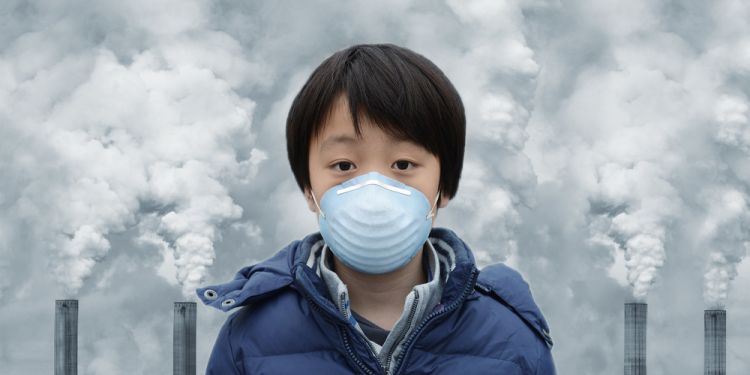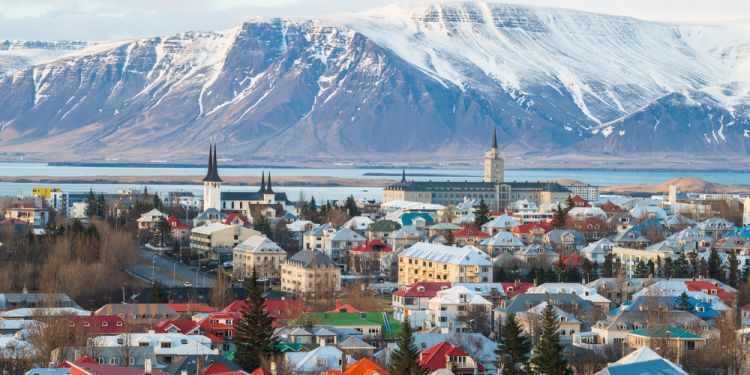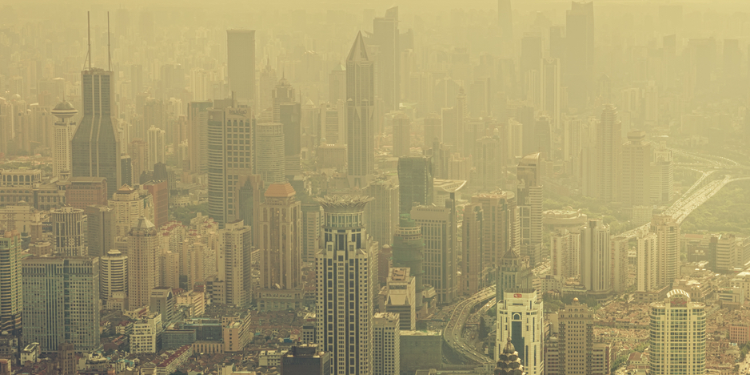The most polluted cities

The World Health Organisation (WHO) measures air pollution based on two types of particles: the more dangerous PM2.5, which are produced by motor vehicles, power plants, deforestation, and some industrial processes, and the PM10 dust particles. The ten most PM10 polluted cities of 14 million inhabitants or more are Delhi, Cairo, Dhaka, Mumbai, Beijing, Shanghai, Istanbul, Mexico City, and Buenos Aires. But it is the PM2.5 polluted cities which face extreme pollution conditions, and their citizens must be alert about the undermining health risks.
Regarding PM2.5 concentrations, India alone is home to the 14 most polluted cities with Delhi occupying the sixth position and Jaipur the 12th. In 2016 Delhi's PM2.5 annual average was 143 micrograms pcm, which is three times above the national safe standard — the PM10 is 4.5 times above the national standard. If you are wondering where does this pollution come from, think of the coal-burning factories scattered around the country and the heavy traffic, often on unpaved, dirty, and dusty roads.
The health effects of air pollution

As it enters the lungs and is even absorbed into the bloodstream, air pollution is linked to serious health conditions and up to 0.6 years lifespan decrease. Long-term exposure to pollutants can cause asthma and bronchitis to heart attacks, strokes, and cancer. According to New Delhi's Centre for Science and Environment, 30% of all premature deaths (about two and a half million a year) are due to pollution. Air pollution-related deaths are predominantly occurring in developing countries in Asia and Africa. For example, China counts about one million deaths per year from pollution-related diseases and the United States 38,000.
How to cope with air pollution

If you are an expat in a city where air pollution is high, there are simple yet effective ways to protect you and your family's everyday health.
- Wear surgical or respirator masks when outdoors.
- Don't exercise outdoors during peak hours when the pollution is heavy.
- Shield your body with a healthy diet — oily and fatty food adds extra stress to your body. Get into the habit of eating fruits and vegetables with anti-inflammatory and antioxidant value to boost your immune system.
- Be environmentally conscious, as each one of us is responsible for the air pollution.
- Invest in an air purifier to remove contaminants from the air in your indoor space and keep your windows closed.
- Clean your home often, and especially the sleeping area — wet mopping of floors reduces dust.
- Personal hygiene can significantly reduce ongoing exposure to pollutants — shower and change to clean clothes as soon as you get home.
- Download one of the many applications, which monitor smog levels to plan your outdoors ventures accordingly.
- Avoid turning on the car's air conditioning, as exhaust fumes are often circulated inside the vehicle.
The least polluted cities

Some of the countries with the least polluted cities are New Zealand, Brunei, Sweden, Australia, Canada, Finland, the United States, Iceland, Estonia, and Spain. All countries have a strong culture of environmental initiatives and conscious lifestyle choices. For example, Stockholm in Sweden aims to be fossil fuel-free by 2050 by improving public transport and increasing biodiversity. Also, Ireland has strict environmental regulations, which are supported by its population. Of course, when talking about the world's freshest air, we have to take into consideration that it's easier to be found in smaller towns; Reykjavik in Iceland has just around 120,000 people, who have the luxury to a breath of fresh air.
Sources :
- World Health Organisation : http://www.who.int/airpollution/en/
















